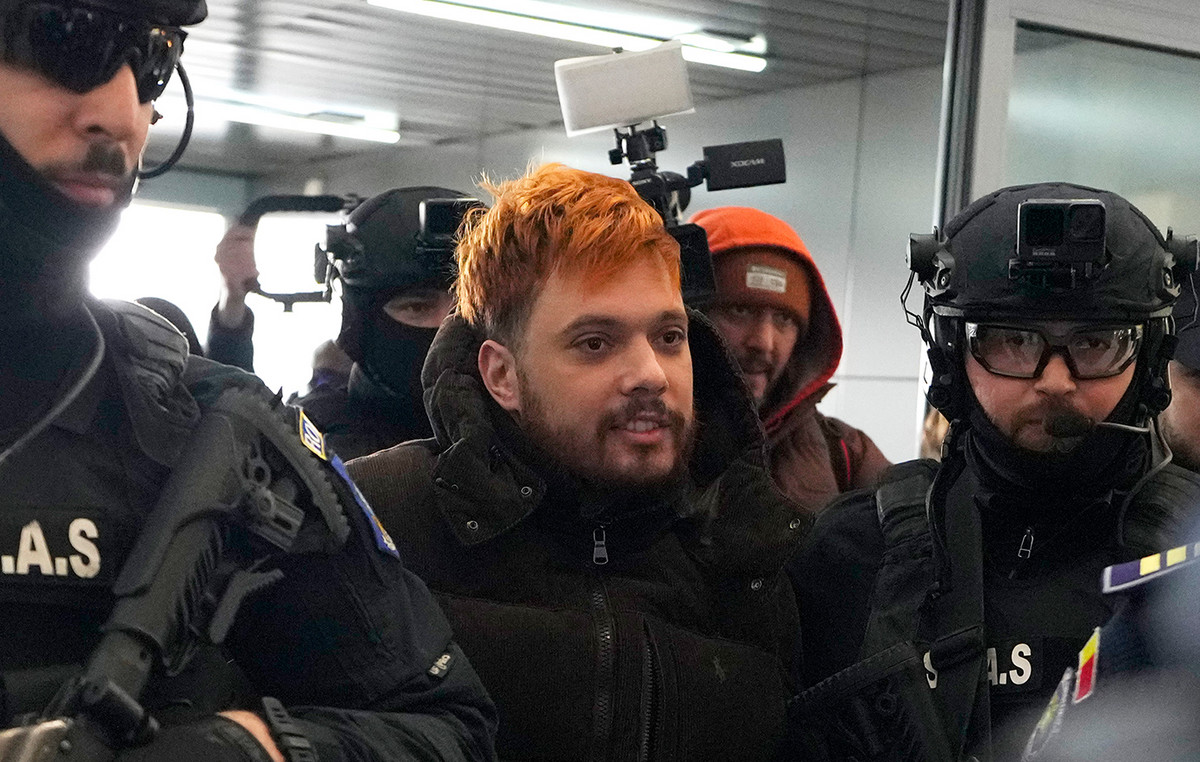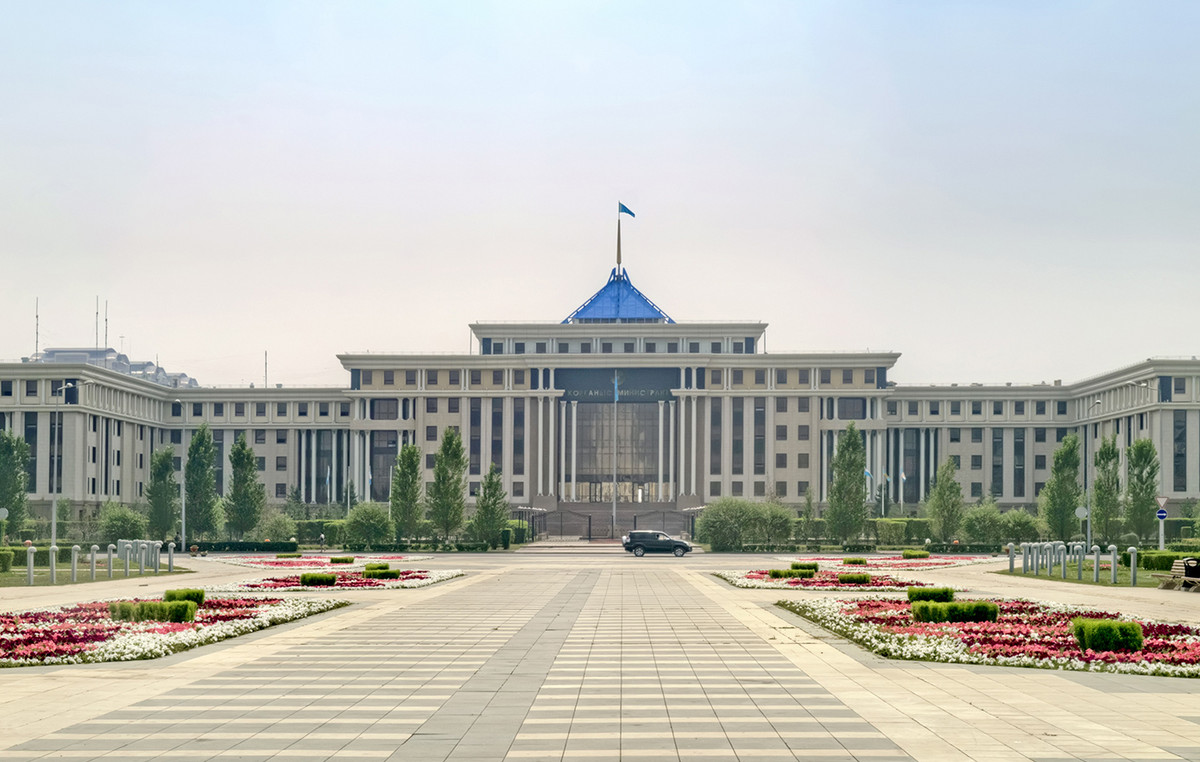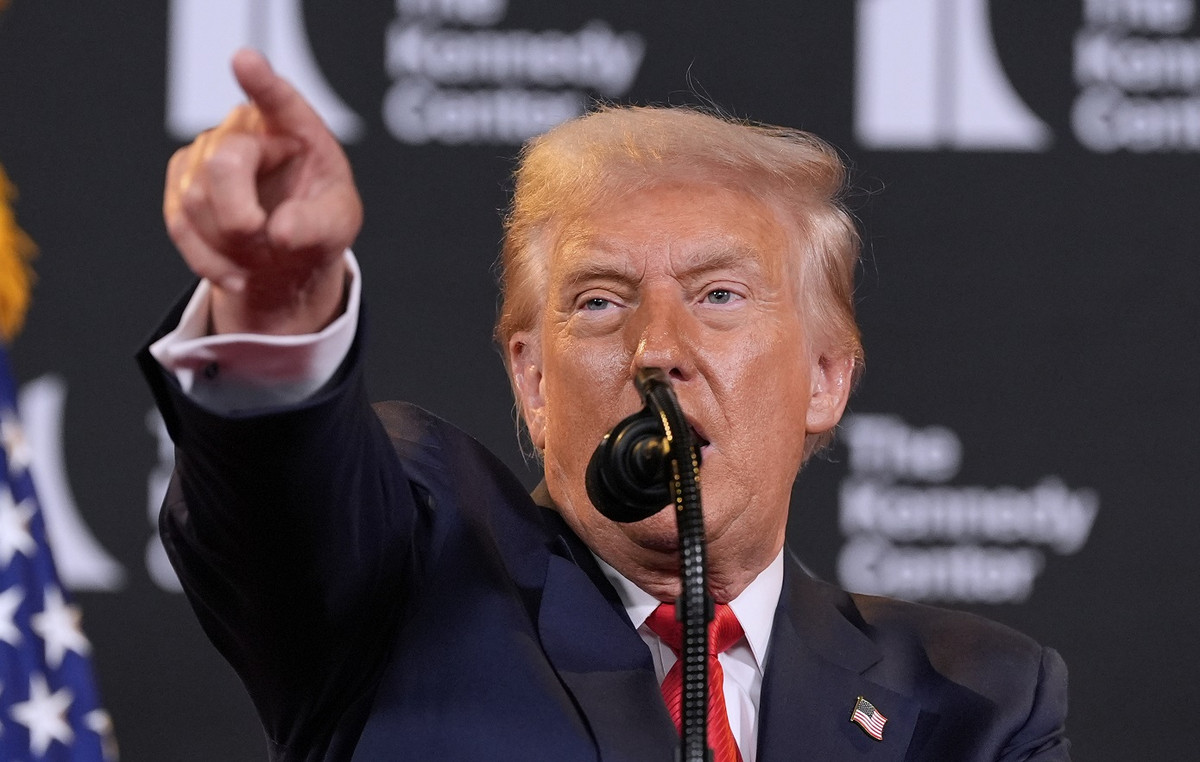A small corner of Venezuela slowly stretches along 77th Street in Bogotá, the capital of Colombia.
Municipal maps formally refer to this neighborhood as Unir II, but to many of its residents it is known as the Hugo Chávez neighborhood, in honor of the late Venezuelan president.
Many of the more than 7 million Venezuelans who have fled the country in the past decade or so now live in Bogotá. The city is full of informal communities where immigrants come together to help each other integrate and combat the ever-present melancholy and nostalgia.
María Álvarez is one of them. She is a single mother from Valencia and is 27 years old. Álvarez left Venezuela in 2017, when her son Gabriel was just one year old. They have not returned since. Gabriel only knows his grandparents through photos on his mother’s phone and through a few video calls.
“They’re all gone. I have family in Brazil, the United States, here in Colombia, in Ecuador, in Chile too. We’re all abroad: uncles, aunts, cousins… only my mother and father, and one of my brothers remain in Venezuela,” Álvarez told CNN .
Most of those 7 million migrants left Venezuela after 2014, according to the United Nations, amid an economic and political crisis caused by the fall in the price of oil — a key export for Venezuela — combined with chronic corruption and mismanagement by government officials.
Nearly 2 million of them have obtained work permits to work in Colombia, where life is good for Álvarez and many others like her.
After the Covid-19 pandemic, she helped set up a foundation in Unir II to offer Venezuelans and Colombians vocational training and psychological counseling. She now makes a living as a manicurist and has met a new partner.
Still, she continues to miss Venezuela. “I only dream of going back home and building a life there. Colombia has been good, I feel welcome here, but well, I long to go back,” she told CNN between tears.

Elections and a credible opposition
But with the authoritarian government of Nicolás Maduro firmly in power, for many years those dreams of returning remained just that. Until now.
This month, for the first time in a decade, Venezuela will hold elections in which Maduro’s government will be challenged by an opposition candidate, Edmundo González, who has a real chance of winning.
In October last year, Maduro formally committed to holding free and fair elections in 2024, at the end of a long and secret negotiation process with the United States State Department.
That promise was fulfilled, at least partially, amid a new confrontation between Washington and Caracas: the main opposition candidate, María Corina Machado, was excluded from the elections earlier this year, as was her immediate replacement, Corina Yoris.
The Venezuelan government has accused the White House of failing to lift all economic sanctions against government officials, and in recent weeks opposition supporters and members of Machado’s team have been detained.
Still, many experts believe that in the July 28 elections the opposition has a real chance of removing Maduro from power.
The latest polls put González more than twenty percentage points ahead of Maduro, and for the first time in years, election observers from the Carter Center and the UN have been invited to oversee the elections.

Such a large lead would make González the overwhelming favorite in almost any other democratic country. But in Venezuela, the government has a habit of clinging to power. Critics have long accused it of rigging the vote and silencing the opposition.
Opposition protests were repeatedly suppressed in 2014, 2017 and 2019, and hundreds of opposition leaders were arrested or exiled. Yet for many, this year feels different.
“For me personally, it’s hard to believe that Maduro will simply step down,” said Laura Dib, a Venezuela expert at the Washington Office for Latin American Affairs.
“However, you know, if there is massive participation with international observation and, of course, with pressure from within the government itself and international pressure… that could create some avenues,” he told CNN .
Álvarez and many other immigrants in Bogotá feel similarly: “Maduro can only win the elections if he steals them. But if there is a new government, I would go back the same day. Not just me, hundreds, thousands… there won’t be enough planes for everyone to go home,” said Endel González, 54, from Maracaibo, who has been working as a food delivery man in Bogotá for the past five years.
What this means for the United States
It is the fate of immigrants like Álvarez and millions of people like her that makes these elections so closely watched.
Before the pandemic, it was common for Venezuelan migrants to seek opportunities in neighboring countries, but in the last three years more than half a million have headed to the southern border of the United States, moving directly by land from Colombia to Panama and Central America, all the way to northern Mexico.

Venezuelans were the second largest group of immigrants detained by the US Customs and Border Patrol in 2023, with a total of more than 260,000 encounters, five times more than in 2020. That year there were less than 50,000, which puts pressure on the White House to curb the flow.
With the Democratic administration facing an uncertain election in November and immigration policies squarely on the ballot, this month’s contest in Caracas could have profound consequences for U.S. President Joe Biden.
Most of the experts who spoke to the CNN believes that if González wins, many immigrants will decide to return to Venezuela, but if Maduro clings to power, even more will be tempted to go to the United States border, both for political and practical reasons.
In the early years of Venezuela’s immigration boom, many Latin American countries offered emergency permits and temporary policies to immigrants from the country, but now many are erecting barriers to impede the free movement of people.
Colombia, for example, has stopped issuing documents to new arrivals, while Panama’s newly elected president, José Raúl Mulino, has proposed fencing off the jungles that connect his country to Colombia.
Dib estimates that up to 2 million immigrants could be on the move next year.

And now?
The Biden administration was instrumental in reaching this moment. Maduro’s agreement to hold free and fair elections came only after the United States partially lifted oil sanctions, and only after the resumption in October of repatriation flights of undocumented migrants back to Caracas.
Direct negotiations between Maduro and the U.S. State Department appear to have stalled, although Maduro announced last week that his chief negotiator, Jorge Rodriguez, had met with U.S. officials to resume talks.
Washington is openly supporting González, apparently reasoning that a transition to democracy in Venezuela would not only help negotiations around energy policy and immigration, but would also help move Caracas away from its ideological alliances with countries such as China, Russia and Iran.
But with both countries going to the polls this year, it may be what voters decide in November, rather than July, that really makes the difference.
“If the Biden administration remains in power, I think the (bilateral) negotiations will continue,” Dib said.
“Now, if there is a Trump administration, the most likely scenario is that they will simply do business… without worrying too much about what happens in terms of democracy and human rights.”
Source: CNN Brasil
Bruce Belcher is a seasoned author with over 5 years of experience in world news. He writes for online news websites and provides in-depth analysis on the world stock market. Bruce is known for his insightful perspectives and commitment to keeping the public informed.







